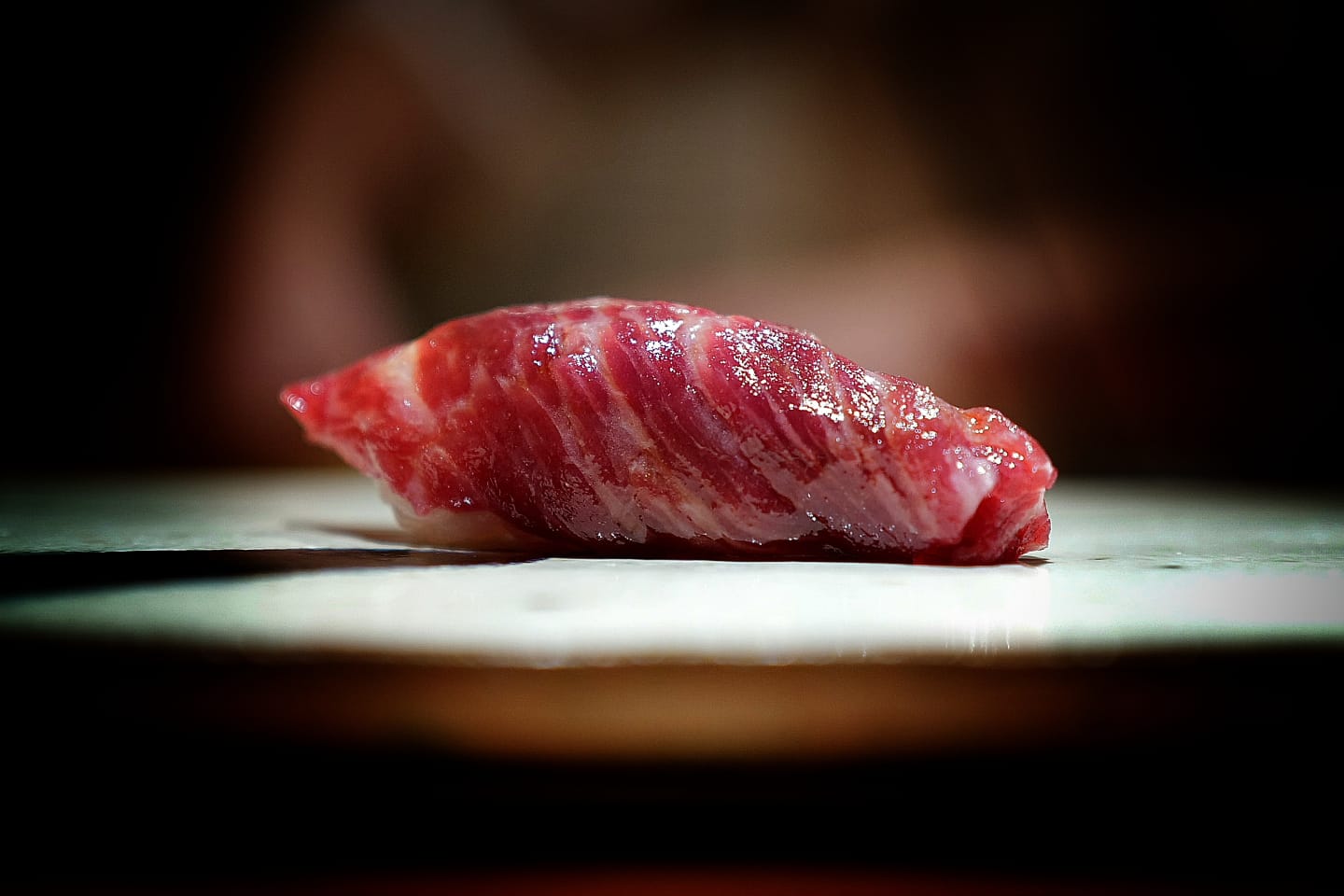Sprezzatura

Sprezzatura first appeared in The Book of Courtier by Baldassare Castiglione, Count of Casatico. That was in 1528 so it's been a fair few years, enough time for some semantic evolution – or corruption – to occur.
There are a few imported words that are used habitually by some, e.g., Zeitgeist, Angst, mis-en-scène, and, well, sprezzatura. These words can sometimes take on a life of its own, which is probably inevitable, particularly when taken out of their cultural or historical context. In the case of sprezzatura, which gets hurled around regularly by style-conscious men (boys?) on the Internet (commonly known as 'i-Gents'), the Oxford English Dictionary may be slightly culpable.
The OED defines sprezzatura as:
Ease of manner, studied carelessness; the appearance of acting or being done without effort
The problematic part of the definition is 'studied carelessness'. I am guessing that 'nonchalance' was the intended term rather than 'carelessness', which to me has a different nuance: I don't believe Castiglione had in mind any sort of carelessness, studied or not, when he discussed sprezzatura. Nonetheless many have taken that bit of the definition and ran (wild) with it, for example, leaving the shirt cuffs unfastened, leaving the shirt partially untucked, or leaving one or more buttons on the jacket cuffs unfastened (yes, I was guilty of that too when I didn't have any grey hair). They're symptoms of confusing affectation with nonchalance.

So what's with these photos of sushi, you ask. I'll get to that later.